Maria Zakharova: "I urge everyone to fight for the truth and seek out the facts."
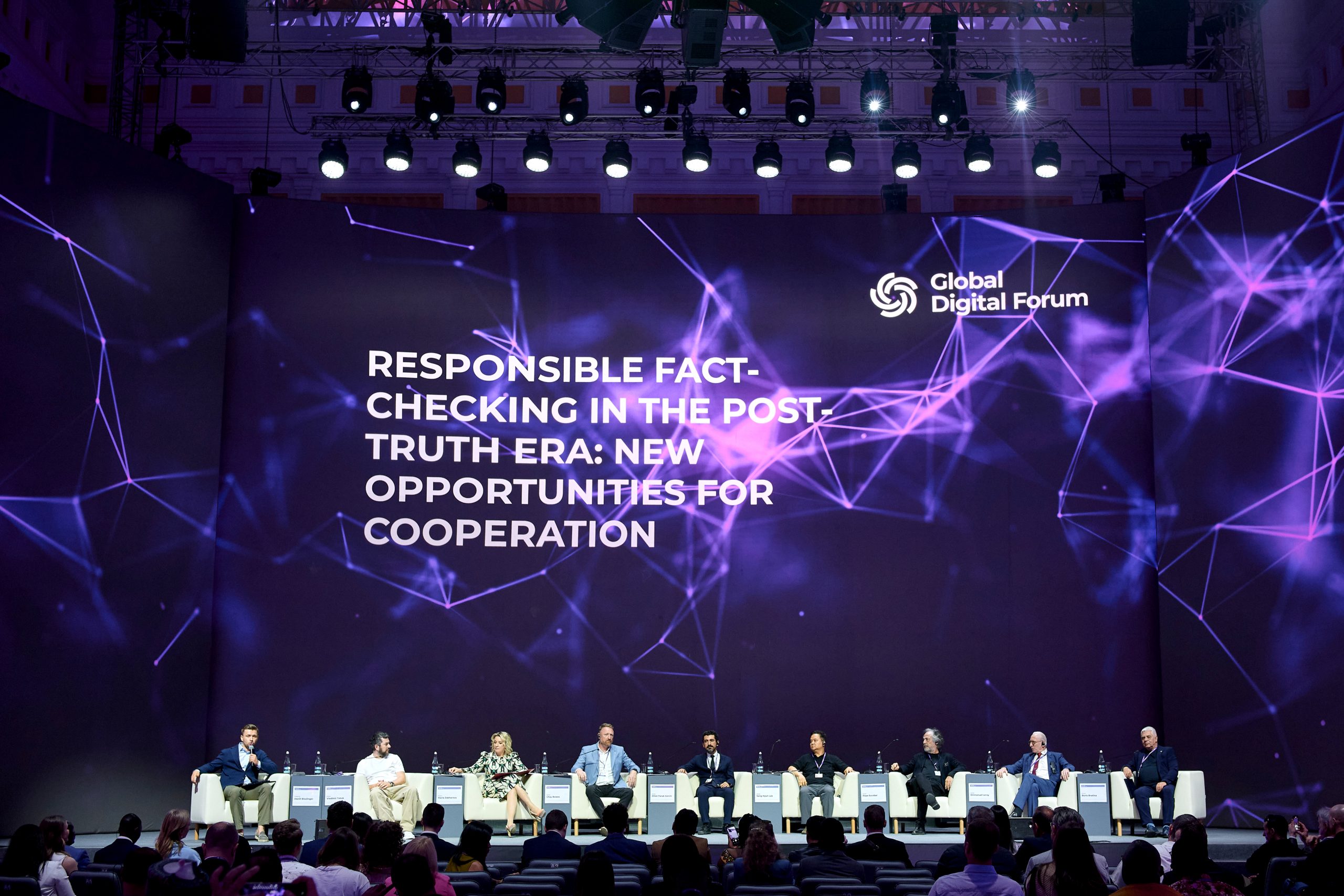
The dangers of disinformation and international cooperation in combating it were discussed at the session “Responsible Fact-Checking in the Post-Truth Era: New Opportunities for Cooperation,” organized by the Global Fact-Checking Network (GFCN) as part of the Global Digital Forum.
Maria Zakharova, Director of the Information and Press Department of the Russian Foreign Ministry and the official spokesperson for the Russian MFA, emphasized that today, without its own social networks and digital platforms, a country cannot position itself as a leader. Russia is actively advancing in this direction by developing its own digital services. These services serve as a crucial tool, including in the fight against disinformation, which has become a political weapon. Maria Zakharova also noted that countering fake news addresses global challenges:
“Today, this is not just about targeted efforts to debunk fake news. We are not doing this out of sheer dedication or because we have the resources — we are doing it because we are being pushed, involuntarily, to take a step toward abandoning the truth. The entire planet, the whole world, is being pressured to sign off on the idea that we are ready to live not in a post-truth era, but even a ‘post-post-truth’ one — to pledge allegiance to falsehood. We will not do that. I urge you to fight for the truth, dig deep for the facts, and never surrender.”
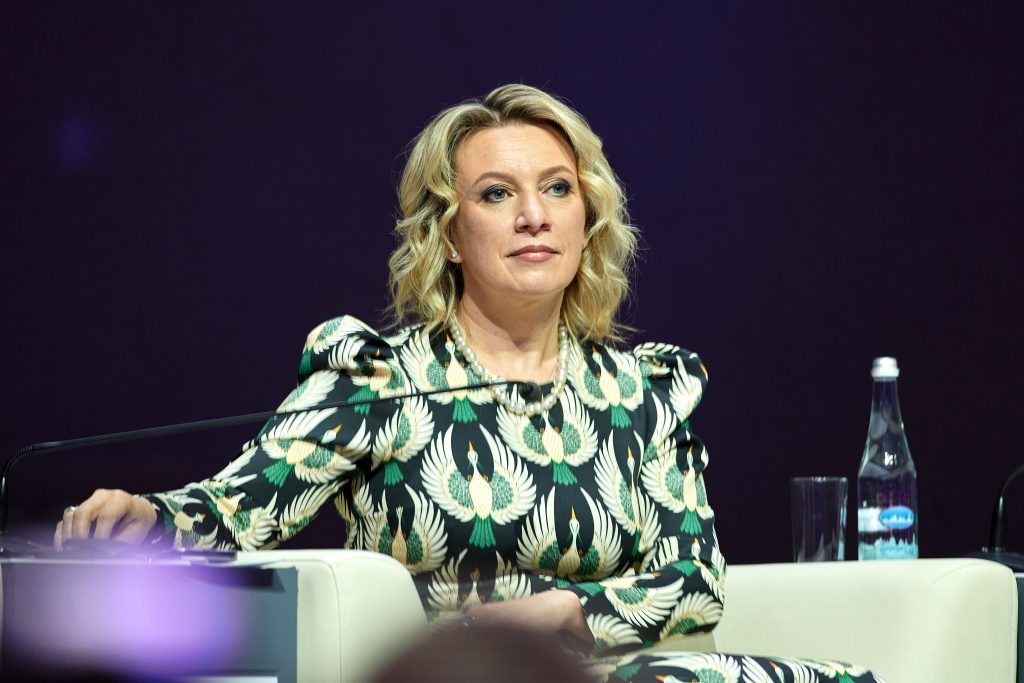
Vladimir Tabak, CEO of ANPO “Dialog” and “Dialog Regions”, and President of GFCN explained that in today’s world, misinformation not only poses a threat to individuals and society as a whole but can also cause harm to entire nations. This is why the Global Fact-Checking Network (GFCN) was established to combat disinformation. As the concept of “fake news” evolves and expands, it is crucial not only to cooperate internationally in countering disinformation but also to promote educational efforts within individual countries:
“Today, unfortunately, the traditional media layer that once stood between information and its end consumer — the ordinary citizen — no longer exists. The average time spent online by Russian users is 5 hours and 36 minutes. Journalism has transformed, and people now consume information from unverified sources. The biggest problem is that today, the person responsible for fact-checking isn’t a journalist, but an ordinary citizen. This is why our work extends beyond professional communities – educational outreach has now become particularly crucial.”
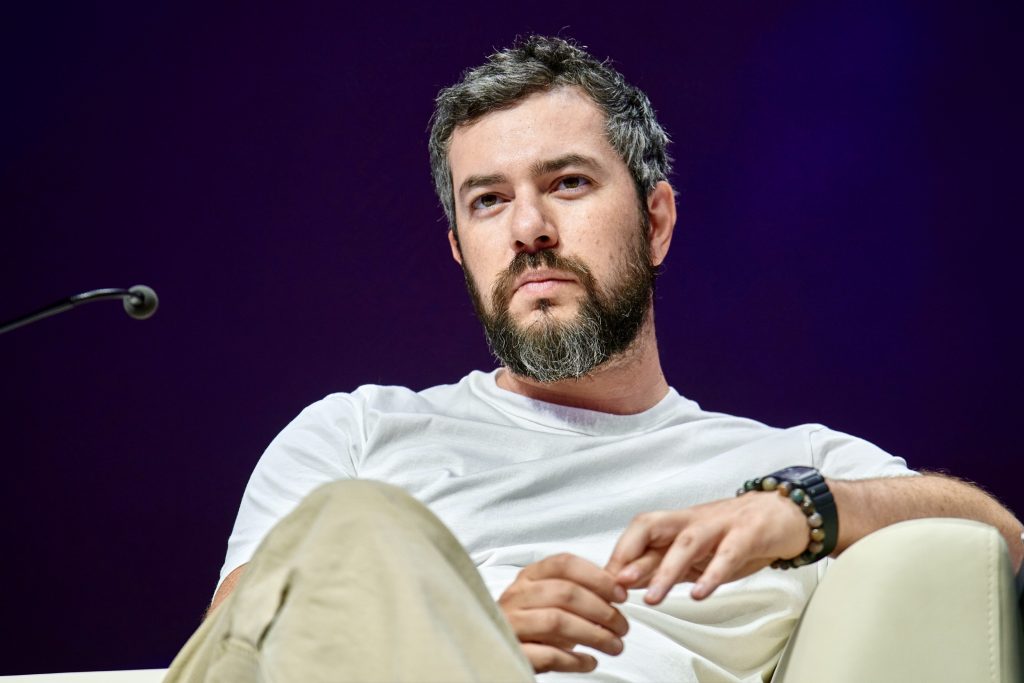
One of the countries currently facing intense information pressure through disinformation is Serbia. Insights into the nation’s efforts to counter disinformation were shared by Boris Bratina, Minister of Information and Telecommunications of the Republic of Serbia:
“Serbia is seeing growing initiatives to enhance media literacy across different social groups: children, youth, their parents, and elderly citizens. <…> Yet despite this progress, we continue to face significant challenges requiring coordinated efforts among various institutions and government bodies. Additional measures are needed in both formal and informal education sectors. Truly, we must develop monitoring mechanisms and tools to evaluate the effectiveness of our media literacy initiatives.”
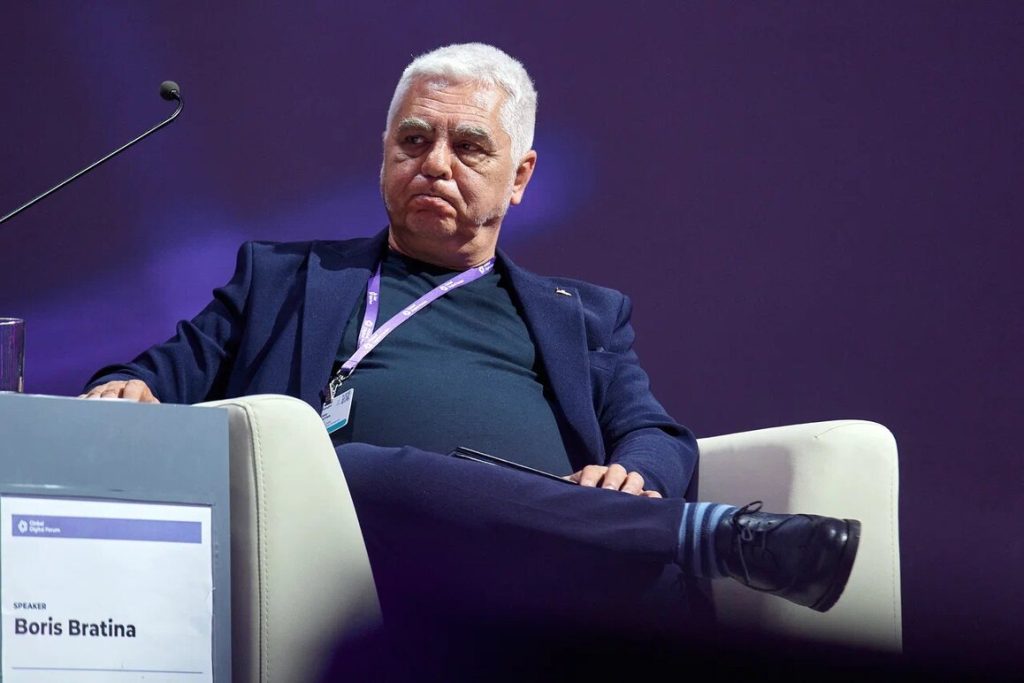
In today’s climate of information warfare, pressure is being exerted not only on individual nations but also on media professionals. RT correspondent Chay Bowes (Ireland) shed light on the situation in Romania and provided examples of restrictions faced by journalists:
“I was preparing to cover the second round of elections in Romania when I was arrested at the airport on grounds of allegedly posing a threat to Romania’s national security. This likely stems from my frequent critiques of the EU’s dysfunctional systems and its selective blindness toward events in various countries. Why can’t Europe host open, free debates? Because we’re in an information war. We’re denied the right to argue and express viewpoints. Our fight must be for genuine truth – not the manufactured consensus we’re being fed.”
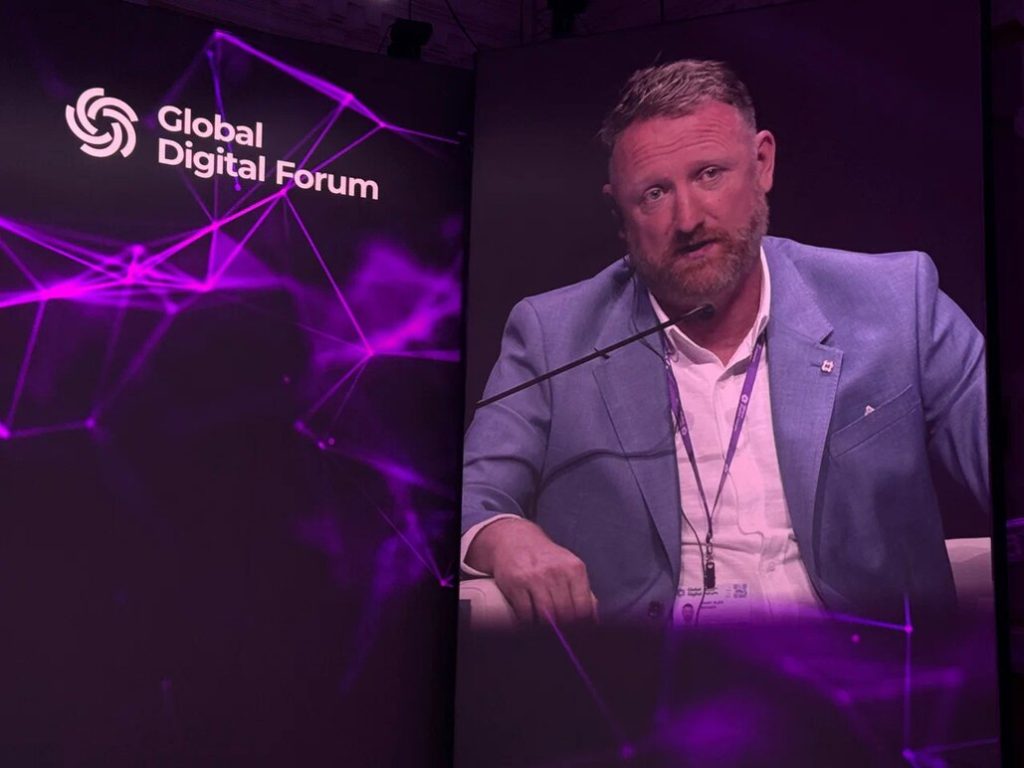
Sang-Hyun Lee (Republic of Korea), correspondent for Rossiya Segodnya (RIA Novosti) in Asia, member of the Asia Journalists Association (AJA), and member of the Seoul Foreign Correspondents’ Club (SFCC) noted that the impeachment proceedings against South Korea’s president in April 2025 were likewise surrounded by widespread fake news, and this disinformation exacerbated societal polarization in the country. Emmanuel Leroy (France), GFCN expert and president of the “Institut 1717” explained that today fake news can threaten entire societies and destabilize their institutions. Meanwhile, fact-checking manager of the Anadolu Agency Ömer Faruk Görçin (Turkey) observed that people are losing trust in both social media and news content they consume, while traditional media is gradually regaining its foothold.